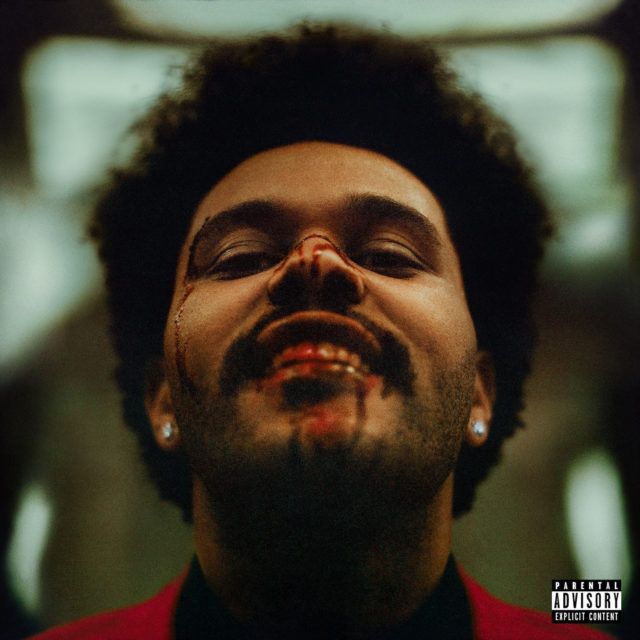‘After Hours’ is a worthy attempt at a concept album without losing The Weeknd’s touch

The Weeknd
After Hours
Republic Records · March 20, 2020
There is something beautiful about a well executed concept album. From the album art, to the videos, to the music, when a clear theme is established, art usually follows. This held mostly true for the 4th studio album of Canadian R&B singer Abel Tesfaye, The Weeknd.
The After Hours era began its run with a sudden image change by Tesfaye. The darker figure behind 2018’s My Dear Melancholy was now clad in a red suit and larger-than-life sunglasses, blinded by the lights of the Vegas strip. The dark themes of his past projects came through music videos with this new persona bloodied and bandaged spread throughout. The album shares a very similar aesthetic to the 2019 film Uncut Gems with its retro styling and sonic contributions from Daniel Lopatin, better known as Oneohtrix Point Never.
With the creation of such an image, fans are led to believe that the music that this project consists of would follow suit. It does, but only to an extent.
The opening run of the album is thematically perfect. Luxurious synths and retro drum kits are under Abel’s signature pitch. “Hardest to Love” specifically holds a very classic 80’s flavor, sounding similar to Aha’s “Take on Me.” The next song “Scared to Live” introduces Lopatin’s signature anxious synths with powerful drums straight out of R&B ballads of years past. “Too Late” brings some late 80’s house flavor.
Mid-way through the 14-track run, the project loses some of its plot. Starting with “Snowchild” and ending with “Heartless,” the grimy synths take the backseat and let some painfully generic trap drums take the lead. While these tracks are not bad, they are too similar to previous The Weeknd projects to be notable.
“Faith” is a return to form that, while good, gets blown out of the water by following tracks. “Blinding Lights” features an incredible, attractive bassline and synth that makes you want to floor it in a white Ferrari Dayton like in an episode of Miami Vice. “In Your Eyes” features an instrumental that would find itself at home alongside the tracks of Revolver Digital’s Hotline Miami.
The last leg of the album serves as an epilogue. “Save Your Tears” and “Repeat After Me” are transitive tracks, closing the more intense chapter of this album. Looking at the ever-present theme of nightlife, these songs would represent a last call.
The shame-filled drive home comes through in “After Hours” and “Until I Bleed Out.” The powerful bass lines contain a more reflective note, meditating on the debauchery of the last few hours. However, the last few notes of “Bleed Out” are familiar of a record stopping and repeating, leading the listener to believe that the intoxicated events are doomed to repeat the next chance he gets.
In terms of songwriting, Abel does not take any extra chances or step outside of the box. Behind the newer style of instrumentals is a continuation of Abel’s smile-through-the-pain style. Alcohol, drugs, and women still tinge every single line of the album.
Contributions by artists like Oneohtrix Point Never make the album a good listen for the more instrumentally obsessed listener. However, some modern generic points take away from a mostly cohesive 80’s throwback. For any fan of The Weeknd, there are no alarms to raise. It is a worthy attempt at a concept album without losing the feeling of a Weeknd project. It adds spice to a time-honored recipe, although listeners still hope that it might be reinvented at some point in the future.